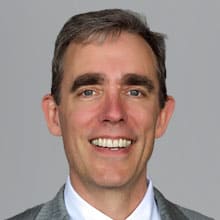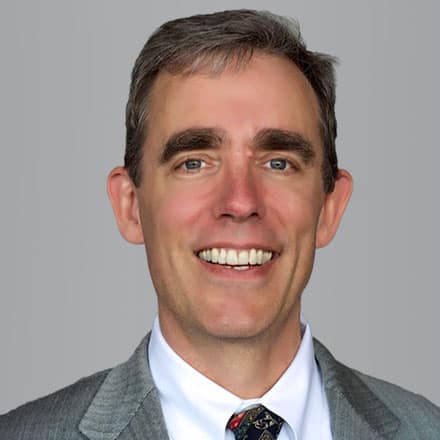Inside Angle
From 3M Health Information Systems
Tapping into the rich meaning conveyed in human language
The way we use language says something about us. Disordered thought can manifest as disordered language use—a signal that might mean the person has schizophrenia. Pressured speech could be a signal of mania, and one study demonstrated the ability to recognize pressured speech patterns. Advances in computing power and research into the intersection of language and computers opens new possibilities in risk identification and potential intervention.
Much of the misery described by the healthcare work force can be traced back to the amount of time and effort spent engaging with computers. Part of this comes from policies that mistake micromanagement of workflow process for quality improvement, resulting in reporting requirements that take shift clinician time from patient care to computer documentation. Using technology to capture information for improvements in quality and cost makes sense if done well. Advances in technology should be able to simultaneously improve information management while reducing the work burden of over-stressed clinicians.
Making meaning of the oceans of information in medical records cannot be supported by increasing the amount of structured data entry—there is just too much information in each and every encounter between a patient and their clinicians to be captured by this cumbersome method. Instead, we should tap into the rich meaning conveyed in the natural language of healthcare providers.

In the podcast he describes how a person’s social media posts can be used to predict their risk of suicide and provides other insight into what we might do with information, language, and computing. He describes current and future work that could improve the rate at which information systems work to the benefit of researchers and patients.
L. Gordon Moore, MD, is Senior Medical Director, Clinical Strategy and Value-based Care for 3M Health Information Systems.


